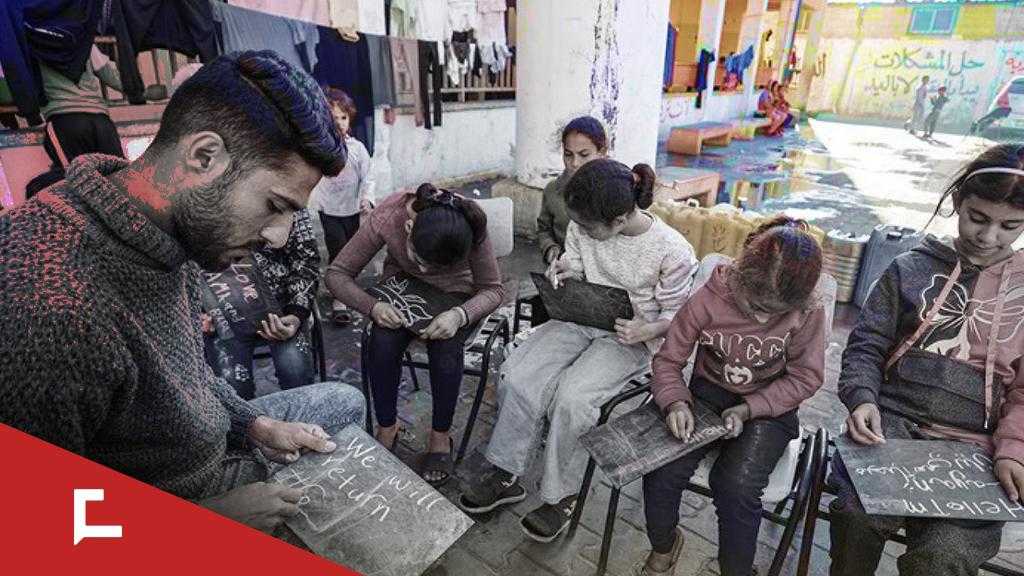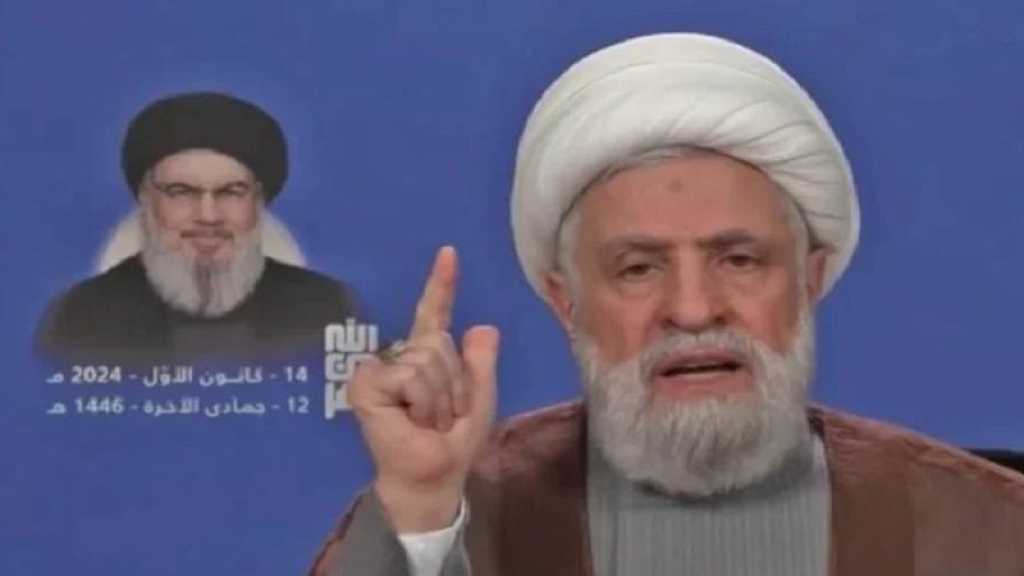Blind Eye to Aggression: How the World Turns Silent on ‘Israel’s’ Syrian Incursions

By Mohamad Hammoud
The recent incursions by "Israeli" forces into Syrian territories underscore a troubling pattern of international law violations. These actions have been met with a deafening silence from the global community, particularly from the United States. Despite numerous international treaties and conventions that emphasize the principles of sovereignty and territorial integrity, "Israel" has consistently ignored these laws, relying on unwavering support from the US. As a nation that claims to uphold democracy and human rights, the United States has repeatedly turned a blind eye to "Israel's" aggressive maneuvers. This behavior showcases a disturbing lack of accountability for its allies and undermines established international legal frameworks.
A History of Violations
"Israel" has a long history of actions that contravene international law, particularly in its military aggressions targeting neighboring countries. Since its establishment in 1948, "Israel" has engaged in numerous military operations that have led to violations of the sovereignty of its neighbors, including Lebanon, Gaza, and Syria. Notably, the "Israeli" military has conducted airstrikes in Syria over 1,000 times since the outbreak of the Syrian war in 2011, initially targeting Iranian positions and arms shipments to Hezbollah.
Following the fall of the Assad regime, however, the targets shifted to Syrian military installations. "Israel" occupied more territories, including the Yarmouk River and the Al-Wehda Dam, and approved plans to expand settlements in the Golan Heights, aiming to double the “Israeli” population in the area. These actions are often justified by "Israel" as necessary for so-called “national” security; however, they blatantly disregard Syria's sovereignty and territorial integrity.
The international community recognizes the right of nations to defend themselves, but this right must be balanced against the principle of state sovereignty. Various international legal scholars and organizations have stated that the “Israeli” actions constitute violations of the United Nations Charter, which emphasizes the inviolability of sovereign states.
The Role of the United States
The silence of the global community, particularly the United States, which has often positioned itself as a champion of human rights and the rule of law, is particularly glaring in this context. The US has historically been a staunch ally of "Israel," providing it with military aid and diplomatic support. This relationship fosters a culture of impunity, whereby "Israeli" actions are rarely met with substantial criticism or consequences.
For instance, the US has consistently vetoed UN Security Council resolutions that seek to condemn "Israeli" military actions or call for accountability. Between 1982 and 2019, the US vetoed more than 49 resolutions related to "Israel," often citing the need to protect its ally from international scrutiny. This unwavering support creates a paradox: while the US claims to uphold international law and human rights, its actions suggest otherwise when it comes to "Israel."
The American government not only overlooks "Israeli" violations but actively facilitates them by providing military funding and advanced weaponry. Since its founding in 1948, the United States has provided "Israel" with approximately $310 billion in economic and military assistance, making "Israel" the largest cumulative recipient of U.S. foreign aid since World War II. Under the 10-year Memorandum of Understanding signed in 2016, the U.S. pledged to provide $38 billion in military aid to "Israel" from 2019 to 2028.
This generous support has not only facilitated "Israel’s" actions but has also sent a message to the international community that such violations can occur without significant consequences. This complicity exposes the US's role in promoting peace in the Middle East and its commitment to upholding international law.
The Global Implications of Silence
The implications of global silence regarding "Israeli" incursions are far-reaching. By failing to hold "Israel" accountable, the international community implicitly condones its actions, setting a dangerous precedent for other nations. This silence undermines the principles of international law and allows for the normalization of military aggression. Other countries may feel emboldened to act similarly, believing that they can operate outside the bounds of international norms without facing repercussions.
Moreover, the lack of a robust international response contributes to the ongoing instability in the region. The Syrian conflict has already resulted in a humanitarian crisis, with millions of displaced individuals and widespread devastation. "Israeli" incursions exacerbate this situation, fueling resentment and resistance among the Syrian population and potentially igniting further conflicts.
Conclusion
The silence surrounding "Israel’s" recent incursions into Syrian territories highlights the alarming complicity of global powers, especially the United States, in upholding a system where violations of international law can occur without consequence. The hypocrisy of invoking democracy and human rights while enabling aggressive military actions tarnishes the credibility of those who claim to champion these values. As the international community grapples with the complexities of the Middle East, it is crucial to recognize the role of silence and complicity in perpetuating cycles of violence and instability. Genuine advocacy for peace requires not only a commitment to uphold international law but also a willingness to confront those who violate it, regardless of political alliances. Without this commitment, the prospects for a stable and just resolution to the conflicts in the region remain dim.



